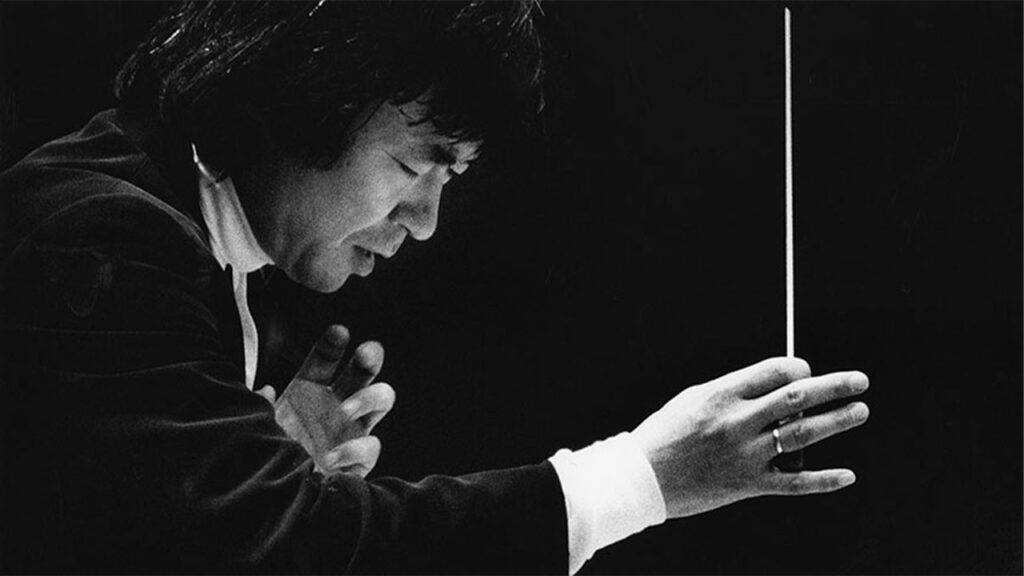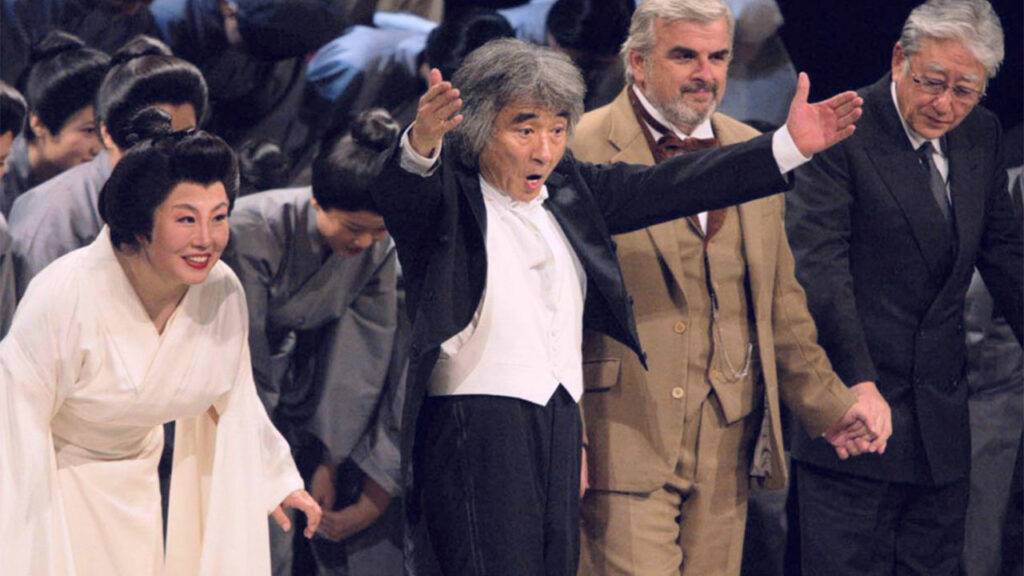Seiji Ozawa Obituary
The classical music world mourns the loss of legendary conductor Seiji Ozawa, who passed away at the age of 88. Ozawa, born on September 1, 1935, in Shenyang, China, to Japanese parents, left an indelible mark on the global stage of orchestral music. Let’s take a moment to reflect on the remarkable journey of this musical maestro.

Early Life and Education
Seiji Ozawa’s musical journey began at a young age, studying piano with Noboru Toyomasu in Japan, with a particular focus on the works of Johann Sebastian Bach. After graduating from Seijo Junior High School in 1950, Ozawa faced a setback when he broke two fingers in a rugby game. However, this setback didn’t deter his passion for music.
Ozawa’s collaboration with cellist and conductor Mstislav Rostropovich became a defining chapter in his life. The duo formed a traveling musical group, providing free concerts and mentorship to students across Japan during the later stages of Rostropovich’s life.
International Breakthrough
Ozawa’s international breakthrough came in 1959 when he won the First Prize at the International Competition of Orchestra Conductors in Besançon, France. This achievement opened doors, leading to an invitation to Tanglewood by BSO Music Director Charles Munch.
Mentorship played a crucial role in shaping Ozawa’s career. He was mentored by luminaries such as Leonard Bernstein and Herbert von Karajan. Under Bernstein, Ozawa served as the assistant conductor of the New York Philharmonic, marking the beginning of his illustrious career.
Pioneering Achievements as a Conductor
Seiji Ozawa’s contributions as a conductor were monumental. He served as the Music Director of the Boston Symphony Orchestra for an unprecedented 29 years (1973–2002). Under his leadership, the orchestra entered a global era, embracing contemporary music through commissions, recordings, and historic tours.
Ozawa championed the works of significant composers, including Henri Dutilleux, Peter Lieberson, Olivier Messiaen, and Toru Takemitsu. His tenure saw the commissioning of 44 compositions, three of which won Pulitzer Prizes in Music.

Seiji Ozawa Passed Away
On February 6, 2024, Seiji Ozawa succumbed to heart failure at his home in Tokyo, leaving behind a legacy that will forever echo through concert halls and music conservatories around the world. As we bid farewell to this musical maestro, let us remember and celebrate the extraordinary life and contributions of Seiji Ozawa.
Global Impact and Recognition
The impact of Seiji Ozawa’s leadership extended beyond the Boston Symphony Orchestra. He became the principal conductor of the Wiener Staatsoper from 2002 until 2010, conducting 14 operas and initiating innovative projects like the “Magic Flute” for children.
Recognizing his immense contributions to classical music, Ozawa received numerous honors, including Japan’s Order of Culture in 2008, the 34th Suntory Music Award in 2002, and the International Center in New York’s Award of Excellence. He also earned honorary doctorate degrees from prestigious institutions worldwide.
Seiji Ozawa’s discography stands as a testament to his artistry, featuring recordings of Berlioz’s “La Damnation de Faust,” Tchaikovsky’s Symphonies, Prokofiev’s Symphonies, and Mahler’s Symphonies, among many others. His legacy lives on through the notes and melodies that continue to resonate with music enthusiasts globally.


